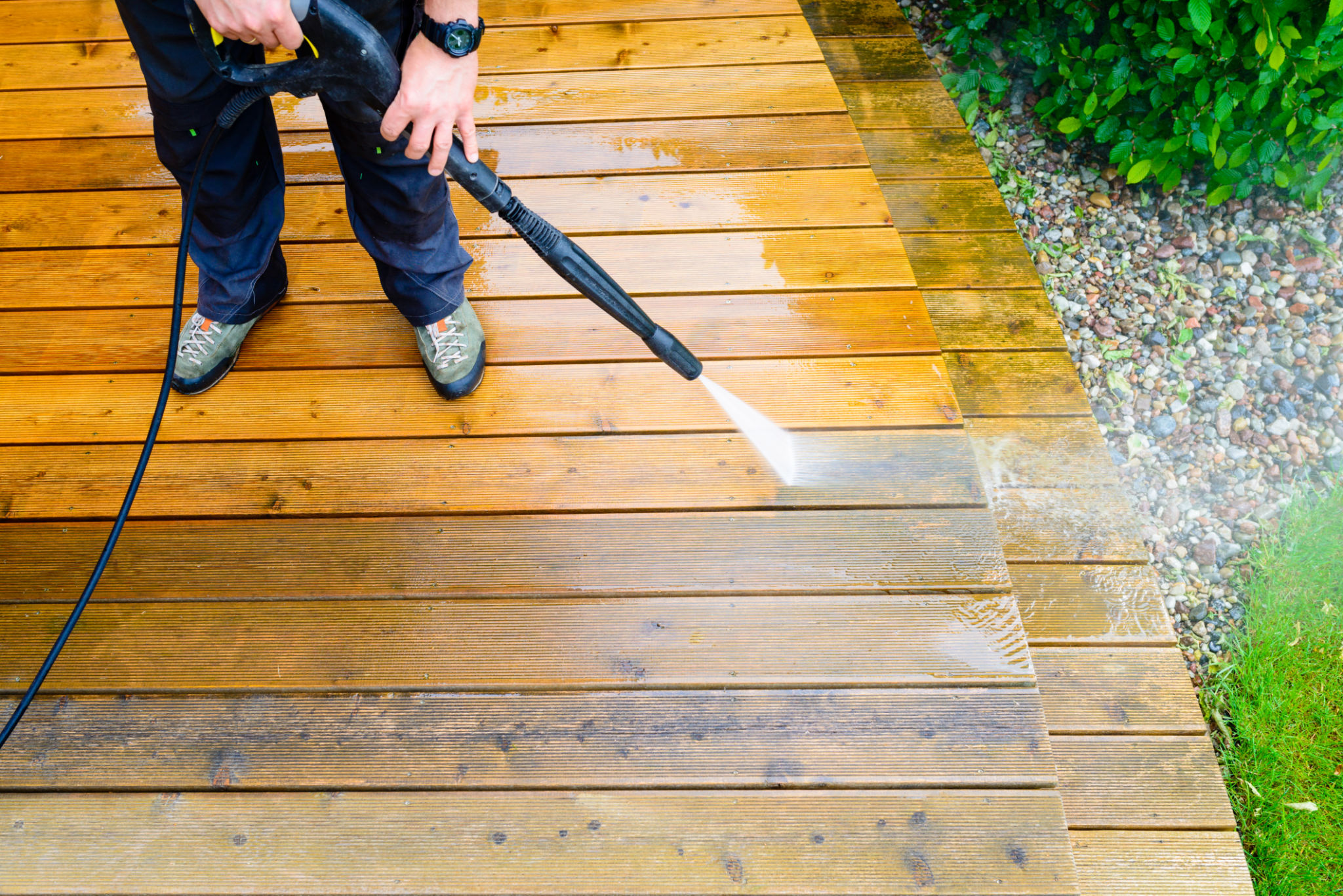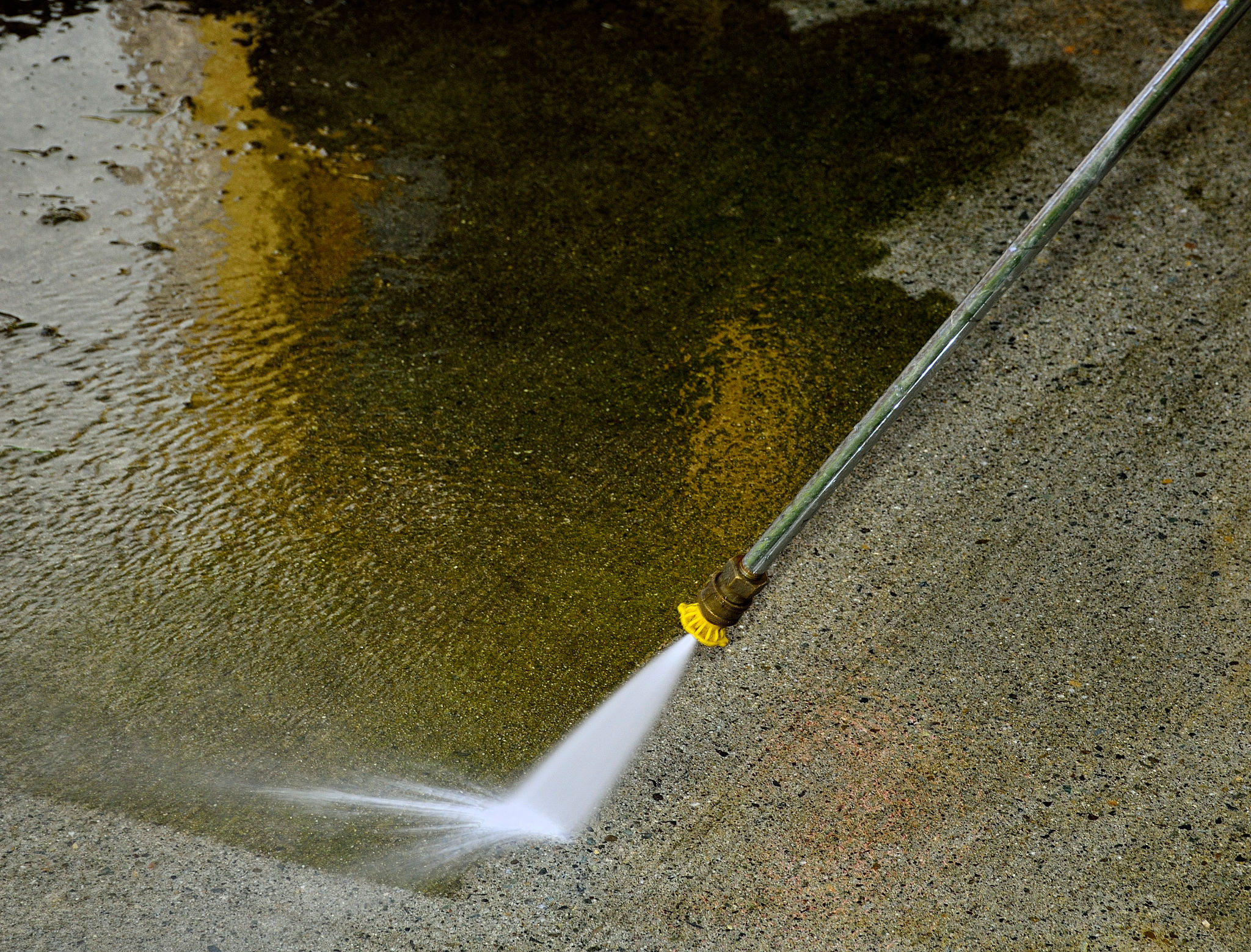Local Regulations and Best Practices for Power Washing in Your Area
Understanding Local Regulations for Power Washing
Power washing is a highly effective method for cleaning various surfaces, but it's important to be aware of the local regulations that govern its use. Different areas may have specific rules and guidelines to ensure environmental safety and community well-being. Before you start, check with your local municipality or environmental agency to understand the regulations in your area.
Many regions require permits for power washing, especially in commercial settings. These permits ensure that waste water is disposed of properly and does not enter storm drains, which can lead to water pollution. It's crucial to be compliant with these regulations to avoid fines and contribute to environmental sustainability.

Environmental Considerations
One of the key aspects of local regulations is the protection of the environment. Power washing can generate run-off that contains detergents, oils, and other pollutants. It's essential to use environmentally friendly cleaning agents and capture run-off to prevent it from contaminating local waterways.
Capture systems are often recommended or required. These systems collect wastewater during the power washing process, allowing for safe disposal or recycling. By implementing such systems, you not only comply with regulations but also demonstrate a commitment to environmental responsibility.

Best Practices for Power Washing
Adhering to best practices in power washing not only helps you stay compliant with regulations but also ensures effective and efficient cleaning. Here are some recommendations:
- Use the right equipment: Choose power washers with adjustable pressure settings to suit different surfaces.
- Select appropriate detergents: Opt for biodegradable and non-toxic cleaning solutions.
- Train your staff: Ensure that anyone operating power washing equipment is well-trained in its use and safety protocols.
Safety Precautions
Power washing involves high-pressure water jets that can be dangerous if not handled properly. Always wear protective gear, including gloves and goggles, to safeguard against injury. Additionally, ensure that bystanders maintain a safe distance from the cleaning area.
It's also vital to inspect the area for hazards such as loose wires or uneven surfaces before starting the power washing process. Taking these precautions helps prevent accidents and promotes a safe working environment.

Community Impact and Considerations
When power washing in residential areas, be mindful of the impact on your neighbors. Schedule cleaning operations during reasonable hours to minimize noise disturbances. Communicate with those nearby to inform them of your plans and address any concerns they may have.
Being considerate of your community fosters goodwill and can prevent potential conflicts. It also enhances your business reputation, as clients appreciate service providers who respect their surroundings.

Disposal of Waste Water
The proper disposal of waste water is a critical component of power washing regulations. Many jurisdictions require that this water be treated or filtered before disposal. Consider using water recovery systems that recycle water on-site, reducing waste and conserving resources.
If recovery systems are not feasible, work with local waste management services to ensure that waste water is disposed of in accordance with local laws. This practice not only helps you remain compliant but also supports broader environmental conservation efforts.
